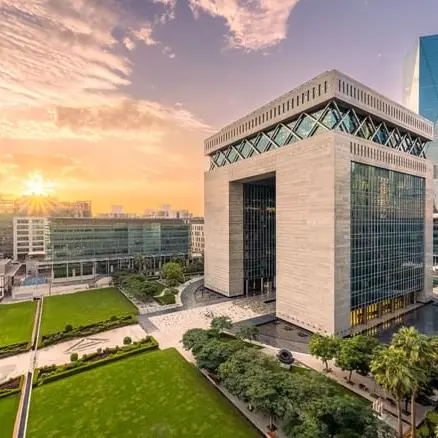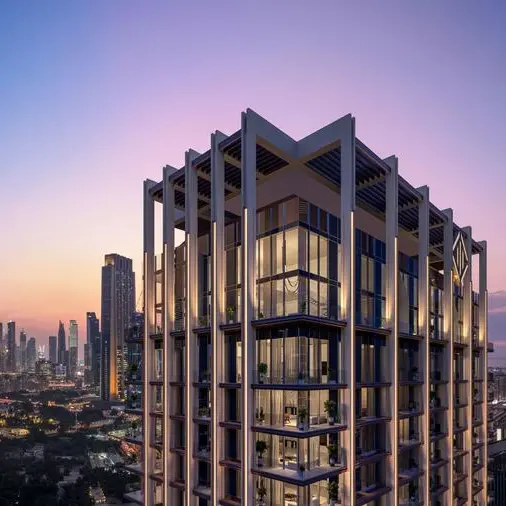PHOTO
Mortgage lending in Saudi Arabia, a key component of the kingdom's total bank credit to the private sector, softened to a new low in April 2023 as higher interest rates drove away potential home buyers.
Residential mortgage loans provided by the kingdom's commercial banks fell in April fell to 4.1 billion riyals ($1.09 billion) from SAR 7.25 billion in March, new data issued on Sunday by the Saudi Central Bank (SAMA) showed.
Mortgage lending has surged in Saudi Arabia the past decade, often outpacing corporate lending, after the kingdom introduced regulations. It gained momentum in 2016 on the back of a government drive to boost home ownership to 70% under the Vision 2030 programme. As a result of this push, homeownership has increased from 47% in 2017 to 67% in 2022, according to the real estate consultancy Knight Frank.
According to Riyadh-based brokerage Al Rajhi Capital, April clocked the lowest level of mortgage origination since January 2019, and raises concerns over the mortgage growth in the near term.
"There were expectations that mortgages will take a hit from the change in subsidy program, however, the quantum was uncertain. Further, high real estate prices and expectations that rates will fall are also weighing/delaying on mortgage demand/buying decision," the brokerage said in a note on Monday.
The brokerage estimates the total mortgages to hit SAR 6.8 billion in 2023. Year-to-date average origination is around SAR 6.7 billion, it added.
The number of mortgage contracts signed fell to 5,270 in April from 9,526 in March, the SAMA data showed.
SAMA has been increasing key interest rates in the past 12-month period, mirroring moves by the US Federal Reserve as the Saudi riyal is pegged to the dollar. In the latest increase, the fifth this year, the central bank raised its repo and reverse repo rates by 75 basis points (bps) to 3.75% and 3.25%, respectively.
Knight Frank's recent report said the volume of residential transactions in Saudi Arabia has continued to decline, falling by almost 57% in Riyadh and 67% in Jeddah on an annualised basis as at the end of Q1.
"The notable decrease in residential transactions is a characteristic of a cyclical market, primarily propelled by the substantial rise in capital values over the past 12 to 18 months. An increase in mortgage rates, impacting the cost of ownership, and a considerable reduction in subsidies in the form of interest-free loans, particularly affecting the lower-income cohorts, have also contributed to the dampened enthusiasm for home purchases," said Harmen De Jong, a partner, at Knight Frank.
(Reporting by Brinda Darasha; editing by Seban Scaria)





















